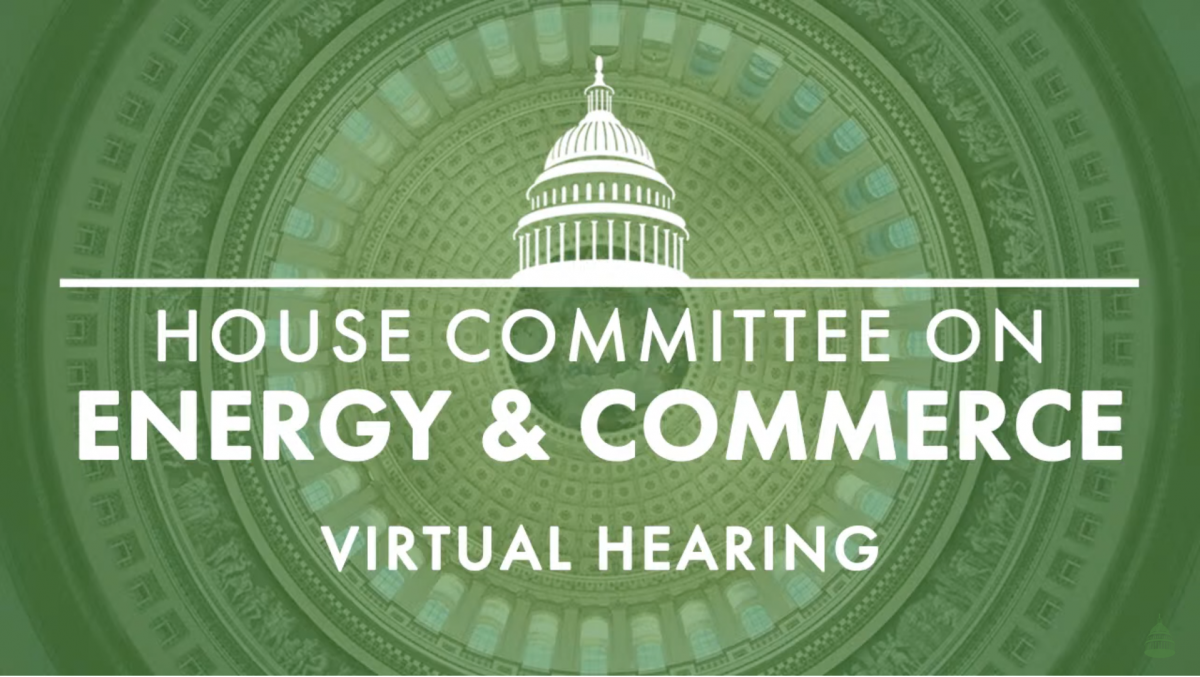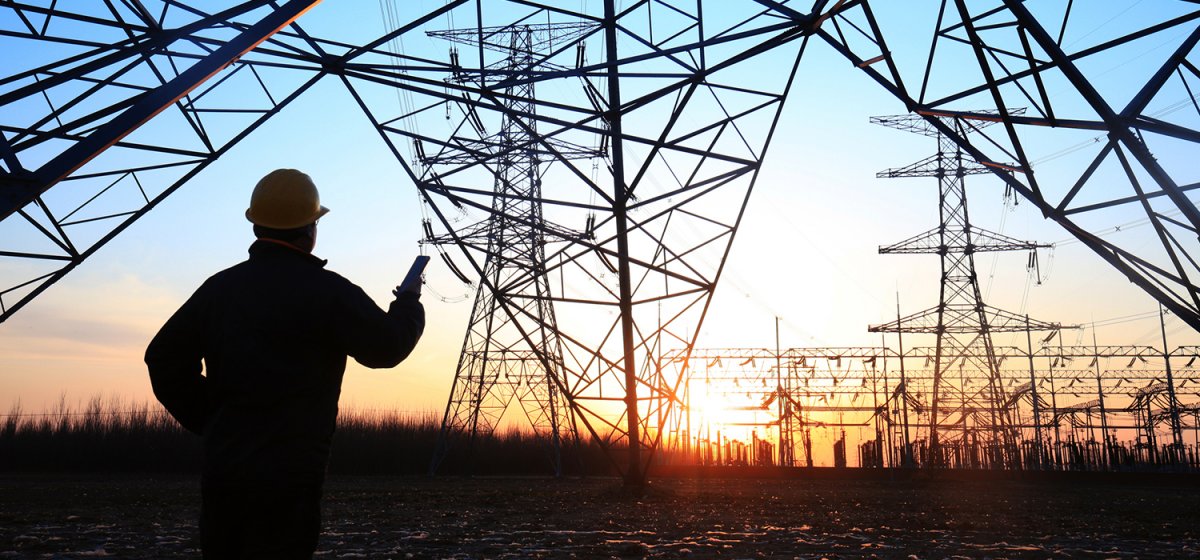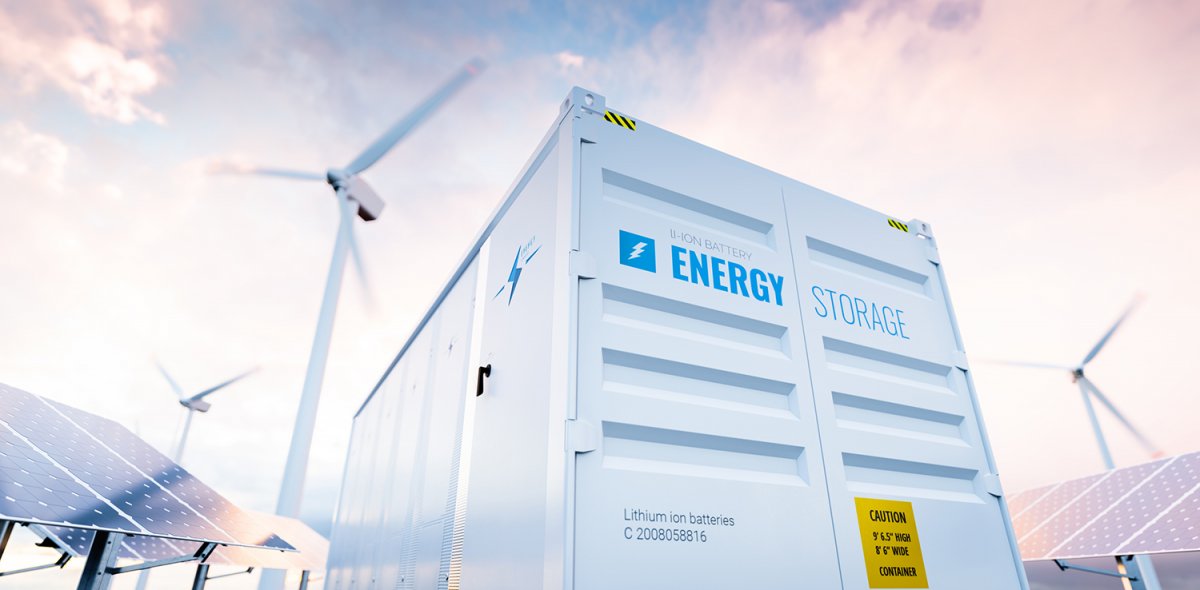
MIT CEEPR Research on Carbon Pricing Cited in Congressional Hearing
Congressman Scott H. Peters highlights CEEPR study on the benefits of including carbon pricing in a climate policy portfolio.
SEE FULL ARTICLE
MIT Unveils a New Action Plan to Tackle the Climate Crisis
The plan includes a broad array of new initiatives and significant expansions of existing programs to bring the Institute’s expertise to bear on this critical global issue.
SEE FULL ARTICLE
Are Complementary Policies Substitutes? Evidence from R&D Subsidies in the UK
Fostering innovation is one of the longest-standing and most pressing economic challenges. Governments globally provide subsidies comprising hundreds of billions of dollars each year. A paper by CEEPR faculty affiliate Jacquelyn Pless examines the interdependence of direct subsidies and tax incentives on private R&D.
SEE FULL ARTICLE
On the Path to an Equitable Energy Transition, a New Collaborative Report Provides Insight on How to Get There
MIT researchers join scholars from across the United States in an analysis of 35 policy proposals to support an equitable energy transition for all communities.
SEE FULL ARTICLE
CEEPR Research Referenced in Hydro-Quebec CEO’s Vision for Climate Action
Canada’s leading newspaper highlights CEEPR research that informed Hydro-Québec’s strategic realignment under CEO Sophie Brochu.
SEE FULL ARTICLE
The Economics of Grid-Scale Energy Storage
The transition to a low-carbon electricity system is likely to require grid-scale energy storage to smooth the variability and intermittency of renewable energy. This paper investigates whether private incentives for operating and investing in grid-scale energy storage are optimal and the need for policies that complement investments in renewables with encouraging energy storage.
SEE FULL ARTICLE
Subscribe To Our Newsletter
Subscribe now and check outour Past newsletters


